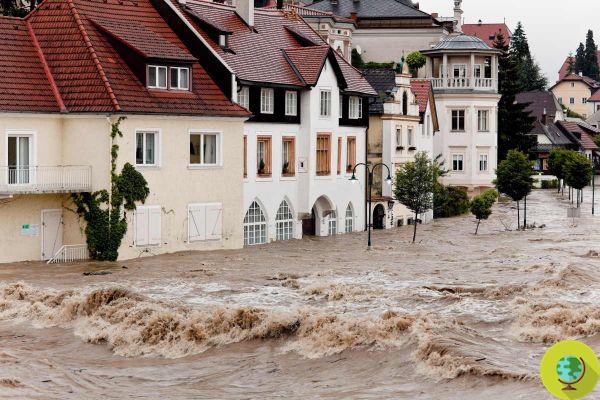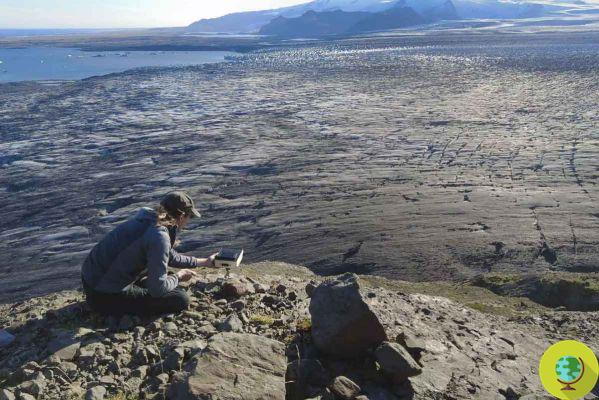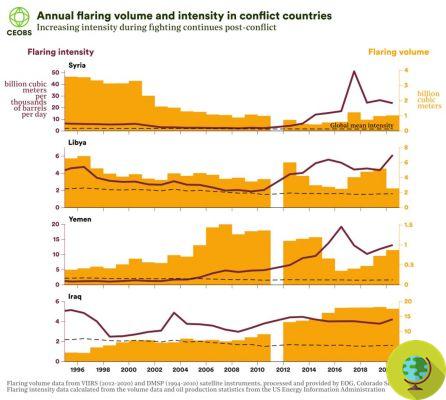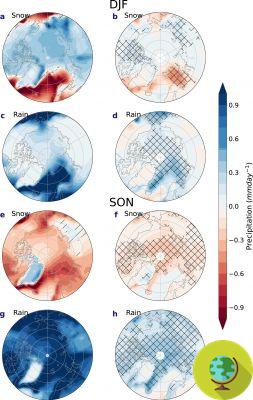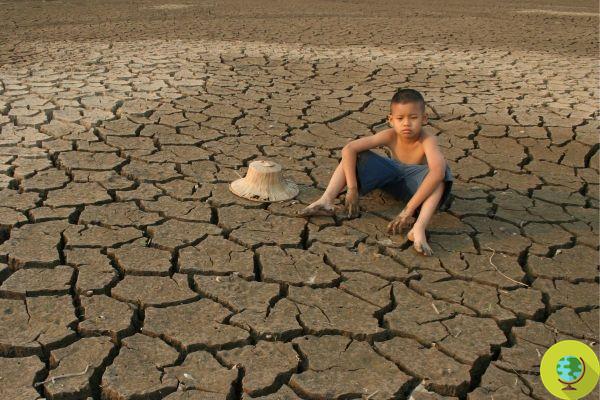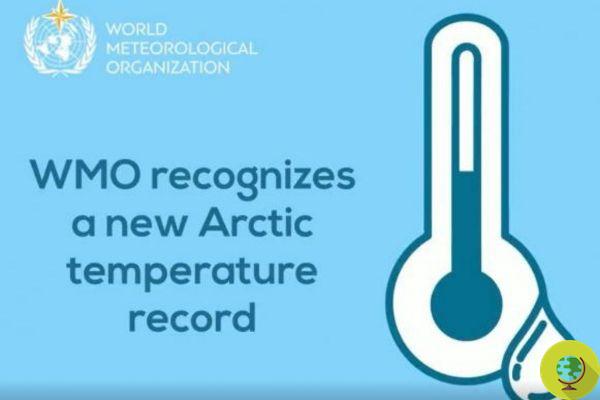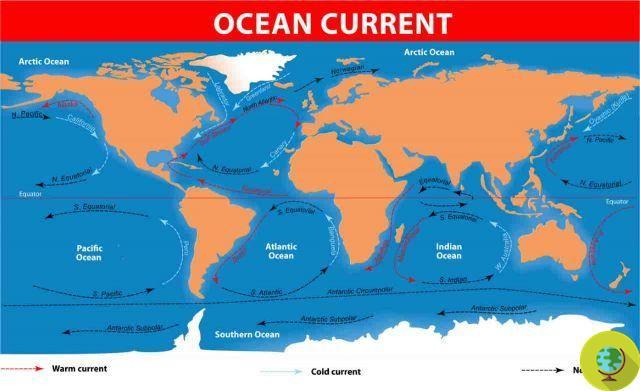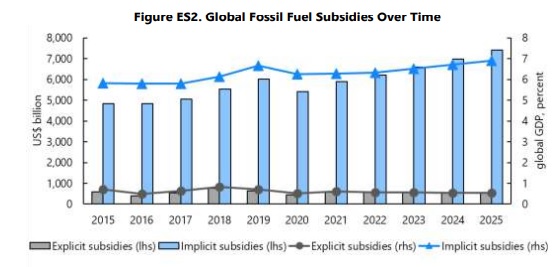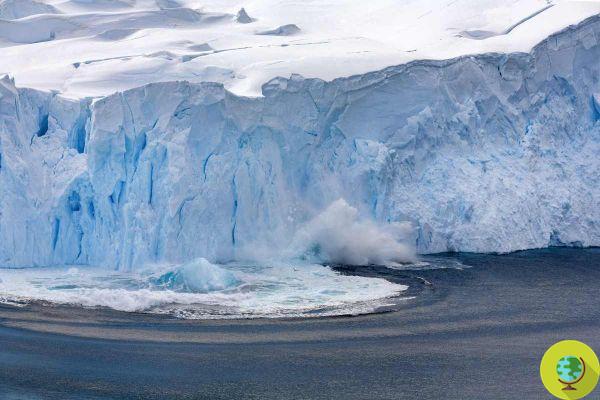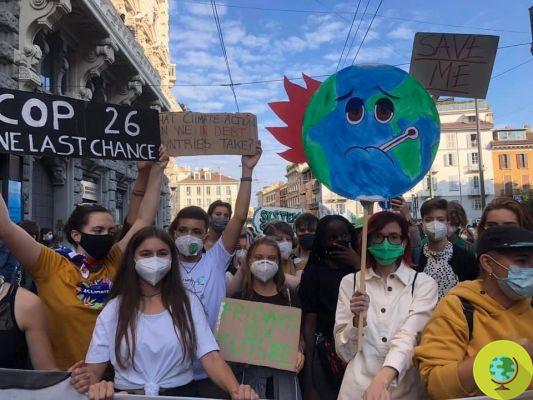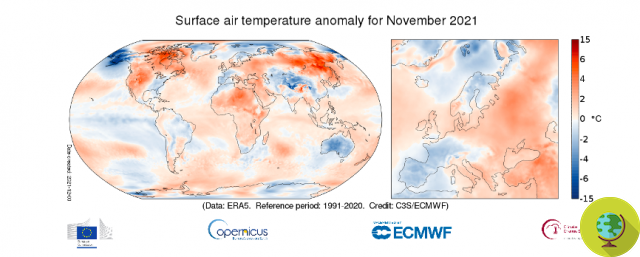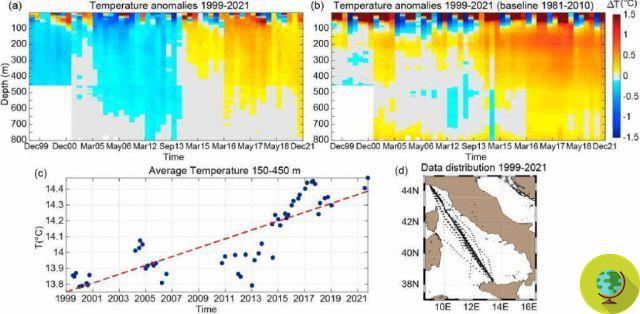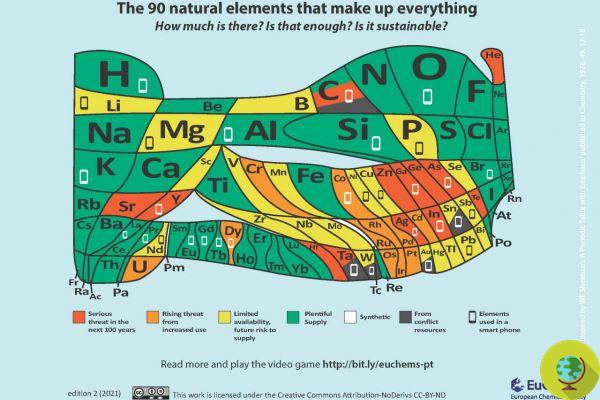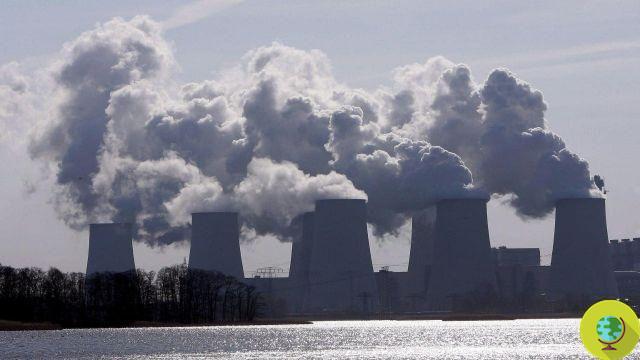
The data collected by the United Nations launch a new ultimatum to the nations participating in COP26 to act immediately
The data collected by the United Nations launch a new ultimatum to the nations participating in COP26 to reverse the course as soon as possible
In our atmosphere, the concentration of carbon dioxide is now 50% higher than pre-industrial levels, and in the past year it has set a new record, despite lockdowns and restrictive measures due to the Coronavirus pandemic. This is what emerges from a new report from the United Nations Organization.
The data collected shows that the climate crisis continues to worsen and launches a desperate ultimatum to the nations that are about to meet at the Cop26 summit to be held in Glasgow next week: according to the head of the World Metereological Organization (WMO), Taalas Petteri, the situation is now out of control:
By maintaining the current rate of increase in greenhouse gas concentrations, by the end of the century we will see an increase in global temperatures well above the targets agreed in the Paris Agreement (1,5 ° -2 ° C). Furthermore, the increase in greenhouse gases has serious negative repercussions on our lives and well-being, as well as on the future of our children and grandchildren. We hope that COP26 will initiate a new kind of commitment: we need to transform good intentions into concrete actions that really impact greenhouse gases, we need to rethink our transport system, the world of industry, our entire life - the necessary changes are economically feasible and technically possible. There is no more time to waste.
Combustion of coal, oil and gas is the most massive source of CO2, cause of 66% of global warming. In 2020, following the restrictions due to the pandemic, CO2 emissions fell by about 5% compared to 2019 - but many billions of tons of CO2 were still released into the atmosphere every day, demonstrating that the blockade caused since Covid has not had any positive impact on the reduction of greenhouse gases in the atmosphere. (Read also: No, the coronavirus hasn't stopped climate change: emissions are record-breaking and continue to rise)
About half of the CO2 coming from human activities remains in the earth's atmosphere, while the other half ends up absorbed by the oceans or vegetation. But the WMO warns: Global warming is damaging the natural environment's ability to absorb emissions. The Amazon rainforest, for example, is no longer able to absorb CO2 due to the impoverishment of the ecosystem due to fires and deforestation. (Read also: The Amazon is no longer able to absorb CO2 from the atmosphere)
In addition to carbon dioxide, also the methane represents a danger to our atmosphere: it is responsible for 16% of the increase in global temperatures (methane levels in the Earth's atmosphere have more than doubled since 1750), and most of the emissions are caused by farming livestock and fossil fuel production. It is a very potent and relatively short-lived greenhouse gas - so cutting emissions of this gas would have a quick positive impact on the health of the atmosphere.
Finally, among the most common and harmful greenhouse gasesnitrous oxide, responsible for 7% of global warming: these emissions mostly result from excessive use of chemicals in agriculture and livestock.
Follow your Telegram | Instagram | Facebook | TikTok | Youtube
Fonte: World Metereological Organisation
We also recommend:
- China's greenhouse gas emissions exceed those of all other developed countries combined
- Vicious cycle of climate is melting permafrost, releasing methane that fuels fires in Russia
- Microplastics are now everywhere: they are transported in the atmosphere from one continent to another




